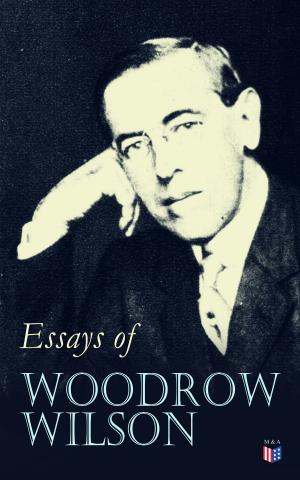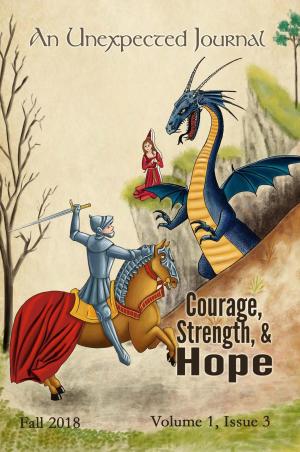| Author: | Raymond Lobo | ISBN: | 9781310164392 |
| Publisher: | Raymond Lobo | Publication: | January 27, 2016 |
| Imprint: | Smashwords Edition | Language: | English |
| Author: | Raymond Lobo |
| ISBN: | 9781310164392 |
| Publisher: | Raymond Lobo |
| Publication: | January 27, 2016 |
| Imprint: | Smashwords Edition |
| Language: | English |
When an online news site obtains a leaked copy of the unpublished memoirs of Alejo Mosquera, killer of Super PAC donor Shelton Beaumont, the public’s expectations of what makes an assassin are both confirmed and refuted by the document.
Alejo Mosquera’s memoirs, his “notes from the underground,” both elucidate his inner workings and confound those looking for easy explanations for his inexplicable act of violence. Alejo’s memoirs give us a detailed account of a childhood and young adulthood lived on the margins. His parents are Cuban exiles, but he does not feel Cuban. He lives in Miami, but does not feel American. He attempts to make personal connections with his peers, but never feels integrated in any of his peers’ cliques. Alejo's memoirs offer a glimpse of a dark, lonely, frustrated individual, capable of horrific acts of violence; but paradoxically, still capable of feeling great empathy and kindness. His memoirs force us to look beyond the simplistic profiles offered by the media of marginalized perpetrators of crimes.
When an online news site obtains a leaked copy of the unpublished memoirs of Alejo Mosquera, killer of Super PAC donor Shelton Beaumont, the public’s expectations of what makes an assassin are both confirmed and refuted by the document.
Alejo Mosquera’s memoirs, his “notes from the underground,” both elucidate his inner workings and confound those looking for easy explanations for his inexplicable act of violence. Alejo’s memoirs give us a detailed account of a childhood and young adulthood lived on the margins. His parents are Cuban exiles, but he does not feel Cuban. He lives in Miami, but does not feel American. He attempts to make personal connections with his peers, but never feels integrated in any of his peers’ cliques. Alejo's memoirs offer a glimpse of a dark, lonely, frustrated individual, capable of horrific acts of violence; but paradoxically, still capable of feeling great empathy and kindness. His memoirs force us to look beyond the simplistic profiles offered by the media of marginalized perpetrators of crimes.















